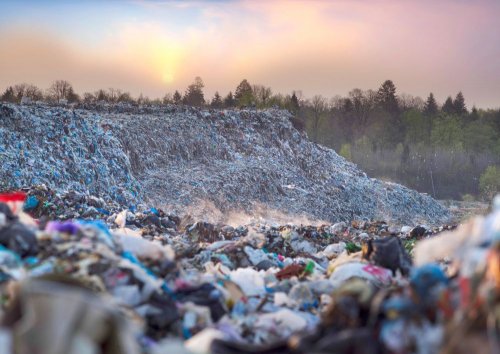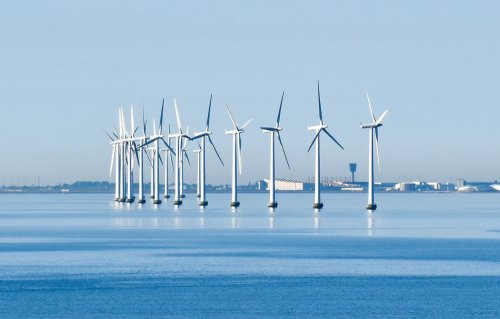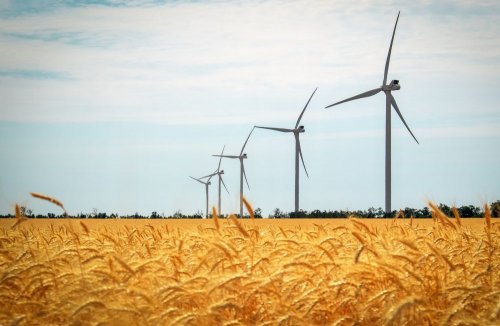The Council of Ministers of Spain officially approved the Corporate Sustainability Reporting Directive (CSRD).
This was reported by La Vanguardia.
This regulation requires large companies as well as listed SMEs to publish sustainability reports. These documents should cover environmental, social and governance factors, as well as human rights and anti-corruption.
The draft law also establishes that the report must be prepared in accordance with a single reporting system for all European companies, as well as an obligation to submit it in a single electronic format, which will allow greater comparability of information about companies at the European level.
After approval by the Council of Ministers, the law is sent to the Spanish Parliament. Here it must pass through Congress and the Senate before being published in the Official Gazette. This process usually takes more than 6 months. But experts note that it can be shortened to 1 or 2 months if the document is determined to be urgent. They also believe that the approval of the directive will simplify sustainability reporting and demonstrate Spain's readiness to meet EU goals.
As EcoPolitic reported previously, experts from the European Sustainable Investment Forum (Eurosif) criticized the European Commission for reducing ambitions in projects on sustainable development reporting standards (ESRS).





